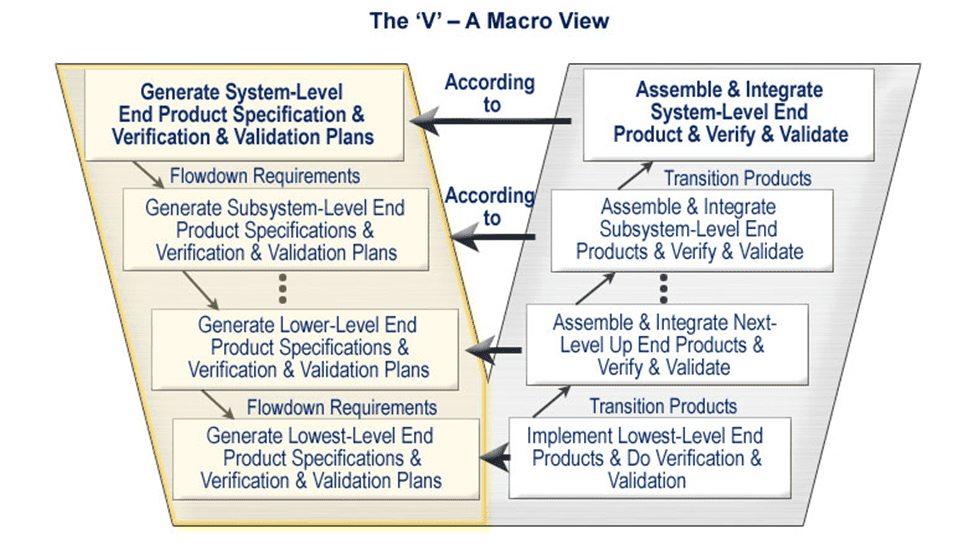
System engineering is a superset of the other engineering fields (mechanical, civil, electrical, software, etc.) as the system engineers work to bring all the various elements of a system together into a final and cohesive whole.
INCOSE defines system engineering as:
Systems Engineering is an interdisciplinary approach and means to enable the realization of successful systems. It focuses on defining customer needs and required functionality early in the development cycle, documenting requirements, then proceeding with design synthesis and system validation while considering the complete problem.
Systems Engineering integrates all the disciplines and specialty groups into a team effort forming a structured development process that proceeds from concept to production to operation. Systems Engineering considers both the business and the technical needs of all customers with the goal of providing a quality product that meets the user needs.
http://www.incose.org/AboutSE/WhatIsSE Jan 18, 2016
They go on to define the common seven tasks involved in creating and delivering a viable, quality, efficient and on schedule system that meets customer expectations and business objectives.
The lifecycle and product development stages have similar structures, as for the overall system development and lifecycle. In part because the sequence of understanding the problem or goal to monitoring the performance, just makes sense.
The Systems Engineering Process from A. T. Bahill and B. Gissing, Re-evaluating systems engineering concepts using systems thinking, IEEE Transaction on Systems, Man and Cybernetics, Part C: Applications and Reviews, 28 (4), 516-527, 1998.
Another model for system engineering is the V-model. The US Defense Acquisition University created a simple graphic to lay out the stages and relationships for their spin on the model.
Figure 3. The Vee Activity Diagram (Prosnik 2010). Released by the Defense Acquisition University (DAU)/U.S. Department of Defense (DoD).
The concept is the first pass through the steps starts with the goal and works toward detailed design work. Then assesses and evaluates from the component or detailed level up to the final system field performance. Each step has one or more feedback elements.
The reliability, availability, and maintainability goals likewise start with the system-level goal setting and progress with apportionment of goals to subsystems and eventually to components within a system. The assessment and evaluation follow the same pattern from detailed work with materials and components, through subsystems and eventually monitoring the field reliability performance of the fielded system.
As reliability engineers, we need to know the overall structure of the product lifecycle and many organization use this system engineering approach (often modified for industry or organization priorities and customs). There are reliability tasks appropriate for each system engineering approach step or stage.


Leave a Reply